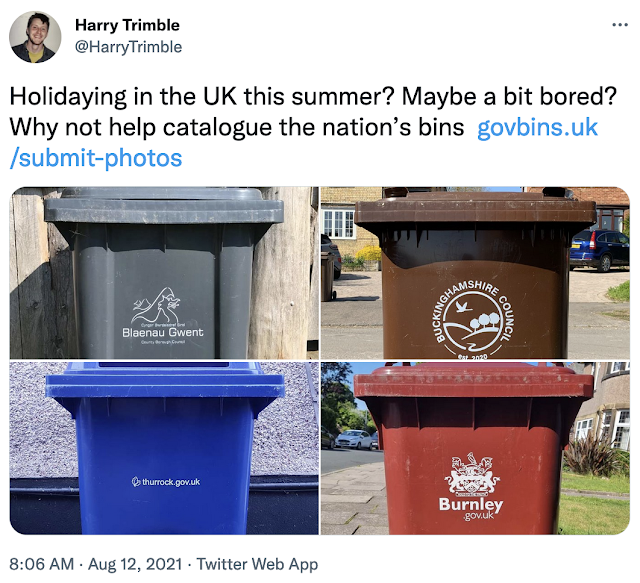last-month Notes: voting, health and tech, ruggedising

David Runciman in the Guardian argues for lowering the voting age - to six: There is now a set of vicious circles at work. Once politicians representing older voters start winning elections time and again, the young are discouraged from voting, which only makes the political imbalance worse. If young people pursue social mobility by moving to places where other young people are, they increase the likelihood that older voters will dominate electoral outcomes everywhere else. The result will be governments and policies that work against the sorts of social mobility that younger voters tend to favour. This has been the pattern in Britain for the best part of a generation. Pensions will get protected while student debt goes unaddressed. The interests of mortgage payers will be prioritised over the interests of renters. A country in which more than 70% of the under-30s voted to remain in the EU will still choose to leave. Three posts about MySociety and where they are going next - really p...



